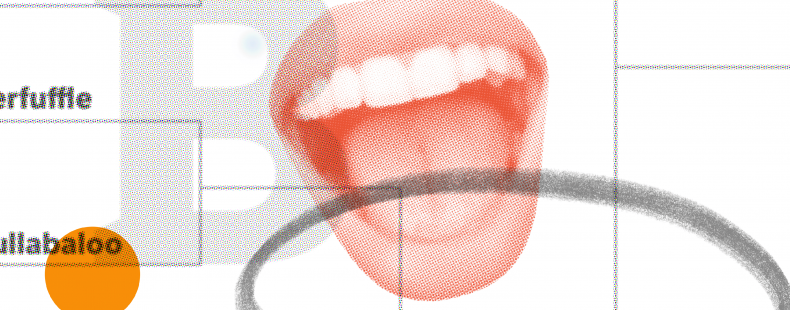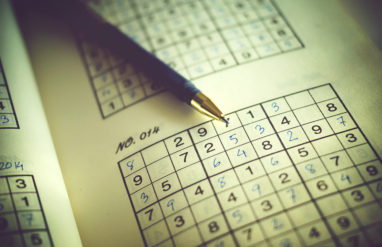Wobble. Bumpkin. Goulash. Some words are just funny. There’s something about certain combinations of sounds and syllables that just makes us giggle. But why—and which ones? We want to know: what are the secret ingredients that make some words funnier than others?
Luckily, linguists have been asking the same question, digging into the data and producing the kinds of studies that have subtitles like “On the Quantification of Humor as Entropy” (2015) and the slightly more laid back “What Makes Some Words Funny?” (2018).
Thanks to super serious research like this, we know there are certain traits that make a word much more likely to be considered funny. As we list some of some of the most giggle-inducing elements, you’ll notice that many of the examples include more than one of these characteristics.
Letters and sounds
According to the data, the specific letters and sounds used to build a word are the biggest determiner of whether it is considered funny or not. We’ll begin with the letter that appears to be the class clown of the entire alphabet, which is…
The letter K
Comedians have long said that K is the funniest letter, and many researchers actually agree. Statistically, a word that has at least one K in it is significantly more likely to be considered a funny word. For example, it shows up in chuckleworthy favorites such as:
However, K isn’t the only letter that finds itself in a significant number of funny words.
The letter Y
While Y may not have resolved its whole consonant-vowel identity crisis, it has found itself as the second funniest letter, at least according to the data. In particular, the funny bone seems to be particularly susceptible to words that end in Y. Here are some examples of funny Y words:
The letter pair le (or el)
If you need a comedic duo, then the data suggests you best slip the letter pair le in your word somewhere, especially the end. Of course, el works too—the important part is the sound. Examples include:
Double letters
In general, words that have a letter that immediately repeats itself tend to make us giggle and guffaw. Other funny examples include:
In particular, a double O is often a major indicator of a gut-busting word. Speaking of which…
The /u/ phoneme
What the heck is the /u/ phoneme? It’s the vowel sound you hear in words like boot and fruit. The sound is often spelled with a double O, but there are several other letter combinations that are used to create it. Some examples of funny words with this phoneme include:
Frequency and length
Familiarity breeds unfunniness, apparently. The data suggests that uncommonly used words are more likely to be considered funny than words that are used all the time. So, a rarely used word like gubbins is more likely to sound funny to us than a common word like kick, even though kick begins and ends with the usually funny K sound.
On average, research also shows that shorter words are slightly funnier than longer words. For example, the short kings of comedy include:
That last example seems a bit like cheating, right? There’s a reason for that.
Meaning
Unsurprisingly, words considered cheeky or “impolite” are often high on the list of words that people consider funny. Specifically, words related to bodily functions are often the best gigglemakers.
However, there is a safe-for-work aspect to this too. The data suggests that diminutives and words related to positive experiences are also more likely to be considered funny. For example, some silly diminutives we seem to love are:
It should come as no surprise that words with sad or disturbing meanings, like deathbed and sickness, often rank extremely low in the funniness department regardless of other circumstances. On the other hand, “good vibes” words are often considered funnier on average, especially words related to animals, music, food, and comedy itself. Some examples include:














